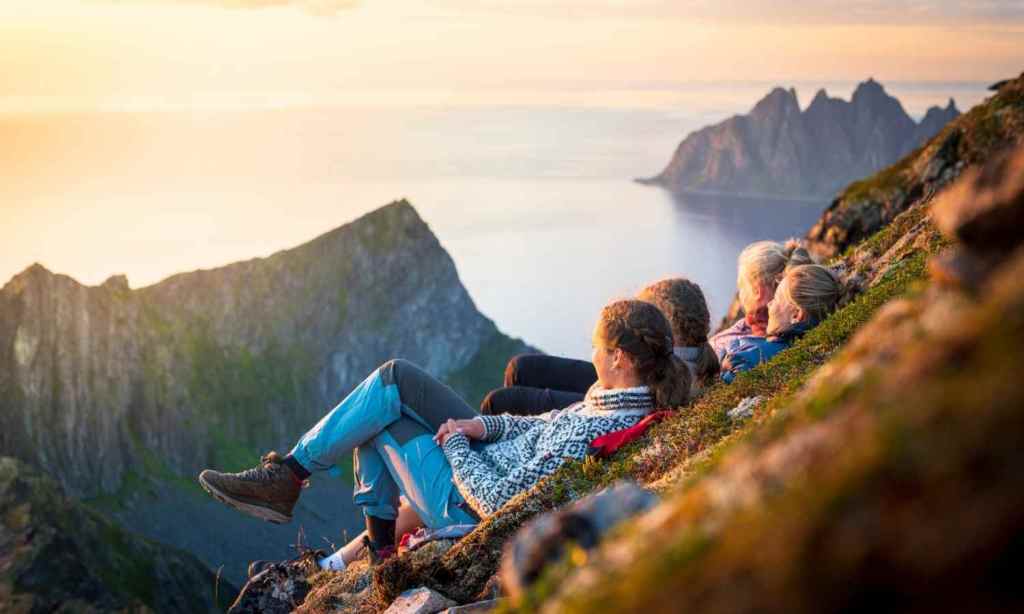The two and a half year long COVID-19 pandemic put a stop to global travel and resulted in a loss of US$ 910 billion dollars globally. Tourism-related jobs, funding and free and easy travelling dissipated in those 30 months and have since been climbing to reach their 2019 levels.
Before deciding on where to go, we now need to check on vaccination statuses, antigen tests, and quarantine requirements. Some places may have mandatory mask use and also restrictions on the number of people in the vicinity of an attraction. Despite these rules, some claim that ‘revenge travel’ is at an all-time high. Revenge travel suggests that people are travelling compulsively to make up for all the travel that was not done in the last two and a half years. We suggest the opposite by travelling with intention.
Travelling With Intention
Without a doubt, travel is no longer about booking a flight one night and hopping on it the next week. The new way of travelling will mean more planning and less impulsiveness.
Apart from the logistics, this new way of travelling would mean being more thoughtful about where you go and why you choose to go there. This process helps us to slow down and think about our choice of holiday instead of simply picking the cheapest flight ticket. Perhaps you could choose a destination that managed the pandemic well or a destination you visited virtually while in lockdown.
The good news is that this active choice will also benefit the planet and the destinations we visit.
Related: What Is Eco-Tourism and Why Is It Important for Our Planet’s Future? We Explain
Related: Yes, It Is Possible to Travel Sustainably and on a Budget — Here’s How
Slow Travel, Smaller Groups
Mass tourism was the first to go during the height of the pandemic. Famous attractions and heritage sites went from being filled with throngs of crowds to zero visitors. As travel returns to normal, people are valuing space and distances.
They opt to travel in smaller groups versus big tour groups of multiple people from various countries. With smaller groups, there can be more attention and focus on appreciating a monument, which in turn better preserves these heritage sites.
People are also opting to stay in one destination for longer than to city-hop and cover 10 countries in 15 days. The concept of slow travel is becoming popular as it encourages travellers to spend more time getting to know smaller towns, neighbourhoods, and districts of an area that would have been otherwise passed off for bucket-list attractions.
Nudged by Nature
As much as nature played a part in our well-being during the pandemic, it is here to stay on our vacations. It will be commonplace for travellers to include hikes and walks in their holidays. Many would also opt to stay in the countryside or in eco-lodges to reconnect with nature.
Having a closer connection to nature allows us to appreciate and take care of nature’s resources, which is in turn more beneficial to the planet.
Conscious Comeback
Virtuoso experts who plan luxury trips for many Australians have touted that 2022 will be the conscious comeback of travelling. The pandemic has led people to be more conscious of their impact on the world, with 81 percent of travellers saying they want to travel more responsibly in the future.
This means that travellers will be more likely to opt for destinations, activities, and accommodation that has transparent information on the impacts they leave on the environment and the surrounding community.
Consequently, this is great news for the planet as travellers contribute to more renewable resources and lower carbon footprint on their holidays.
Make Your Trip Meaningful
Maybe you’re not going to be doing 10 trips in a year, as you used to in 2019 — five business and five with family and friends. That’s okay. Let the back-to-back trips, jet lag, and bustling travel be a thing of the past and embrace the process of making your few trips meaningful.
Slow down, take time to plan, and revel in the preparation, and excitement, before and on your trip. You may not know when a time will come when travel could be at a stand-still again.
Read more stories from The Latch and subscribe to our email newsletter.

